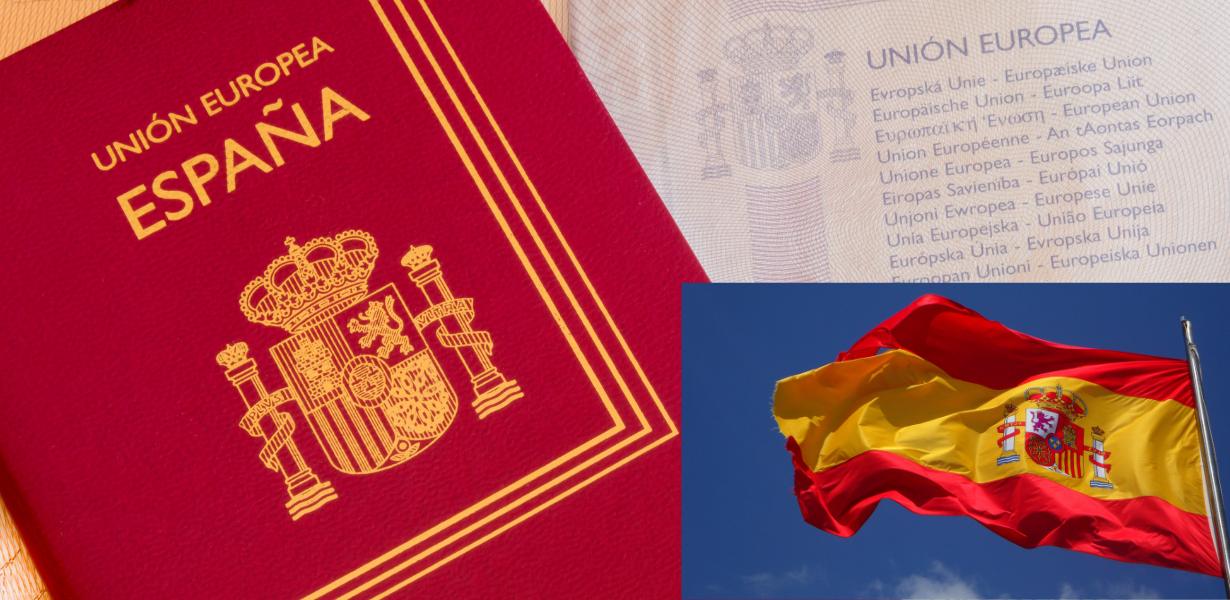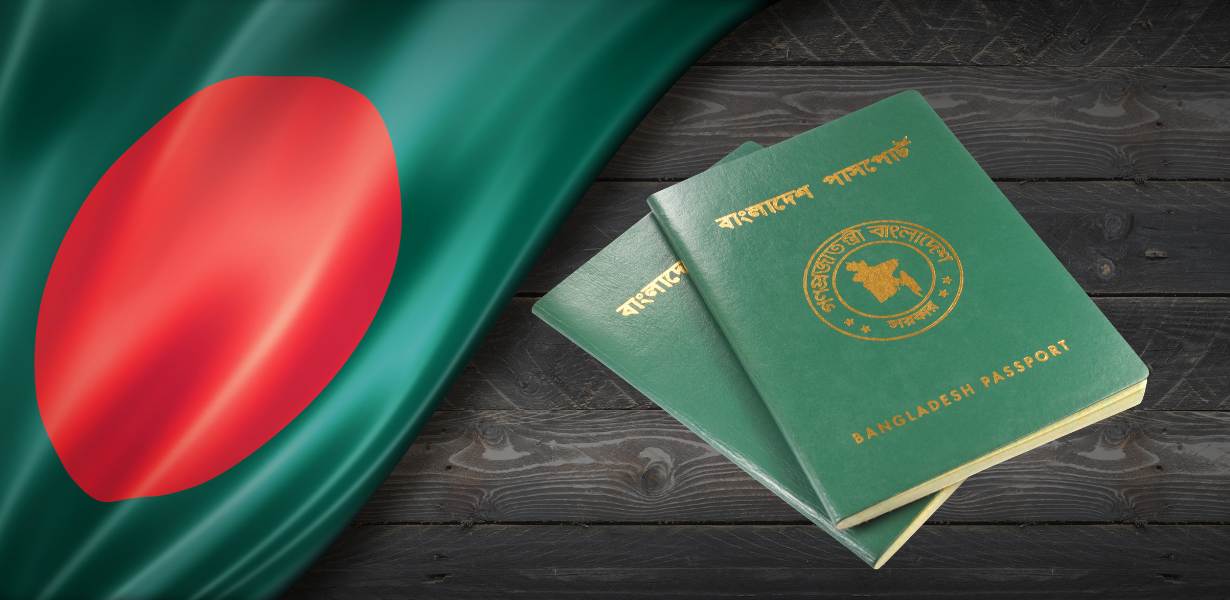In the global landscape of travel freedom, not all passports are created equal. Some passports offer extensive access to countries around the world without the need for a visa, while others are much more restricted. In 2024, the ranking of the world’s weakest passports sheds light on the challenges that citizens of certain countries face when it comes to international travel. This blog explores the top 10 weakest passports in the world, examining the factors that contribute to their low rankings and the implications for the citizens who hold them.
Understanding Passport Strength
Before delving into the list, it’s important to understand how passport strength is measured. The number of nations that a passport entitles its holder to enter without a visa or with a visa on arrival largely determines how strong it is. The more countries are accessible, the stronger the passport is considered. Conversely, passports that offer limited travel freedom are ranked lower.
The Top 10 Weakest Passports in 2024
1. Afghanistan
- Visa-Free Access: 27 countries
- Challenges: Afghanistan has consistently ranked as having one of the weakest passports globally. The country’s political instability and ongoing conflicts have severely limited the number of countries that allow Afghan citizens to enter without a visa.
2. Iraq
- Visa-Free Access: 29 countries
- Challenges: Iraq’s passport ranks just above Afghanistan, with slightly more access but still highly restricted. The ongoing security concerns and international relations have led to tight travel restrictions for Iraqi citizens.
3. Syria
- Visa-Free Access: 30 countries
- Challenges: War-torn Syria has seen its passport strength decline over the years. The conflict and the resulting humanitarian crisis have made it difficult for Syrian passport holders to travel freely.
4. Pakistan
- Visa-Free Access: 32 countries
- Challenges: Despite being one of the largest countries in South Asia, Pakistan’s passport is among the weakest. Although they can travel to other Muslim countries around the world without much difficulty, geopolitical issues and strained international relations contribute to the limited visa-free access.
5. Yemen
- Visa-Free Access: 33 countries
- Challenges: The ongoing civil war in Yemen has severely impacted the country’s global standing. Yemeni citizens face numerous challenges when trying to travel abroad, with only a handful of countries offering visa-free entry.
6. Somalia
- Visa-Free Access: 34 countries
- Challenges: Somalia’s passport remains weak due to the country’s long-standing political instability and security concerns. As a result, Somali citizens have restricted travel options.
7. Palestinian Territories
- Visa-Free Access: 35 countries
- Challenges: The unique political situation of the Palestinian Territories has led to significant travel restrictions. Passport holders often face difficulties due to the lack of widespread recognition of their travel documents.
8. Nepal
- Visa-Free Access: 38 countries
- Challenges: Nepal’s passport ranks low on the global index, primarily due to the country’s limited diplomatic reach and international influence. Nepalese citizens often need visas for travel to many countries.
9. North Korea
- Visa-Free Access: 39 countries
- Challenges: North Korea is known for its isolationist policies, and its passport reflects this. Citizens have very limited travel freedom, with only a small number of countries allowing visa-free entry.
10. Libya
- Visa-Free Access: 40 countries
- Challenges: Libya’s ongoing civil unrest has left its citizens with a weak passport. The instability and lack of effective governance have led to limited international travel options for Libyan nationals.
Factors Contributing to Weak Passports
Political Instability
Countries experiencing ongoing conflicts or civil wars tend to have weaker passports. The instability in these regions makes it difficult for citizens to travel, as other nations impose strict visa requirements to prevent the entry of potential refugees or individuals who might overstay.
Diplomatic Relations
A country’s diplomatic relationships with other nations play a crucial role in determining passport strength. Countries with strained or limited diplomatic ties often face more travel restrictions, resulting in weaker passports.
Economic Conditions
Economic challenges can also impact a country’s passport strength. Nations with poor economic performance may lack the resources to negotiate visa-free agreements with other countries, further limiting travel options for their citizens.
The Impact of a Weak Passport
Restricted Travel Opportunities
Citizens of countries with weak passports face significant challenges when it comes to traveling abroad. They often have to go through lengthy and expensive visa application processes, which can be a deterrent for international travel.
Economic Implications
Limited travel freedom can also have economic consequences. Citizens of countries with weak passports may miss out on international business opportunities, education, and employment prospects due to travel restrictions.
Social and Cultural Isolation
The inability to travel freely can lead to social and cultural isolation. Citizens of countries with weak passports may have fewer opportunities to experience different cultures, which can impact their worldview and personal development.
How Can Countries Improve Their Passport Strength?
Strengthening Diplomatic Ties
One of the most effective ways to improve passport strength is by enhancing diplomatic relations with other countries. By negotiating visa-free agreements and improving international relations, countries can expand travel opportunities for their citizens.
Promoting Political Stability
Political stability is crucial for improving passport strength. Governments that work towards peace, security, and effective governance are more likely to see their passports gain strength over time.
Boosting Economic Development
Economic growth can also play a role in enhancing passport strength. Countries with strong economies are better positioned to negotiate favorable travel agreements, providing their citizens with greater travel freedom.
Conclusion
The top 10 weakest passports in the world for 2024 highlight the challenges faced by citizens of certain countries when it comes to international travel. While political instability, economic conditions, and diplomatic relations all contribute to the weakness of a passport, there are steps that governments can take to improve travel freedom for their citizens. By focusing on stability, diplomacy, and economic growth, countries can work towards stronger passports and better opportunities for their people.




